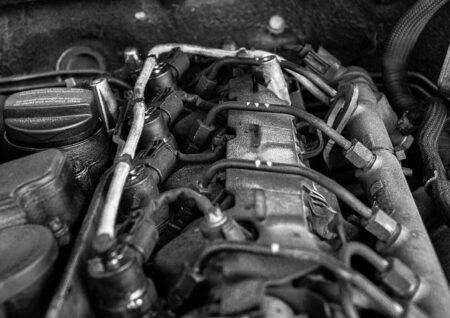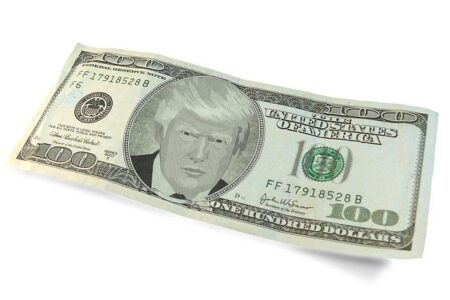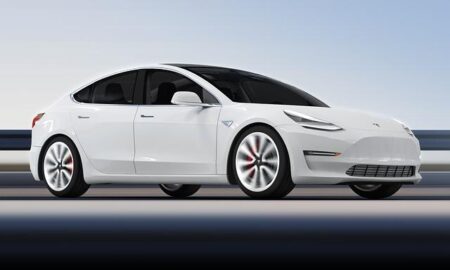Canada is gearing up to lead North America in electric vehicle production by harnessing cutting-edge Chinese expertise, a senior official revealed. This ambitious plan is designed to accelerate EV manufacturing and supercharge the country’s transition to clean energy
Browsing: automotive industry
Canada has lifted import restrictions, paving the way for affordable Chinese electric vehicles to enter the market. This thrilling development promises to speed up EV adoption and provide consumers with more wallet-friendly options as demand skyrockets
Industry leaders are raising urgent warnings: a groundbreaking electric vehicle deal between China and global manufacturers could jeopardize Canada’s entire auto industry, putting jobs and key investments in this essential manufacturing powerhouse at serious risk
Mercedes India’s revenue has soared to unprecedented heights, driven by the surging demand for its exclusive luxury models. The German automaker is masterfully capitalizing on India’s growing appetite for premium vehicles, cementing its status as a dominant market leader
Chinese private equity powerhouse FountainVest has won Italy’s green light to acquire a stake in EuroGroup Laminations, a key player in the automotive supply chain-signaling a major leap forward in Sino-Italian investment collaboration
Former President Trump makes a surprising pivot, openly inviting Chinese electric vehicles into the U.S. market with the bold declaration, “Let China come in.” This marks a striking shift in his stance amid the fierce competition heating up in the EV industry
Tesla is unleashing thrilling discounts on its Indian Model Y SUVs to clear out surplus inventory, igniting a surge in sales despite softer demand. This bold move showcases the company’s agile strategy as it cements its presence in India’s fast-growing market
Canada’s Prime Minister has arrived in Beijing amid critical talks on electric vehicle tariffs. This high-stakes meeting aims to ease trade tensions and spark a powerful new partnership in the rapidly growing EV market, marking a defining moment for both countries
India’s electric vehicle market is charging ahead at an electrifying pace, powered by a rapidly expanding charging network and skyrocketing EV sales. Backed by robust government incentives and a surge in consumer excitement, the country is driving a dynamic transformation toward sustainable mobility
German industrial production defied expectations last month with a powerful surge, driven primarily by a remarkable boom in automobile manufacturing, Bloomberg reports. This impressive upswing in the auto sector energized overall factory output, dispelling recent concerns about an economic slowdown
Alfa Romeo and Maserati have shut down their Italian factory, signaling a major setback in their bold push toward fully electric vehicles. This move highlights the intense challenges automakers encounter as they accelerate the transition to EV technology, impacting production operations and workers across the board
BYD has surged past Tesla in electric vehicle sales across the UK and Germany, signaling a major shift in the EV landscape. This impressive rise from the Chinese automaker is challenging Tesla’s dominance in key European markets like never before
Italy and Pirelli are reportedly exploring bold strategies to end Chinese involvement in the tyre maker, the Financial Times reveals. This decisive move aims to reduce foreign influence amid rising geopolitical tensions
Despite former President Trump’s earlier digs at Canadian-made cars, a sleek vehicle built right in Windsor, Ontario, is now capturing the spotlight by snagging top U.S. automotive awards-showcasing that Canadian craftsmanship brings outstanding quality and undeniable style to the road
Toyota is gearing up to make waves by introducing U.S.-made vehicles to the Japanese market starting in 2026. This exciting move highlights the company’s dedication to strengthening global production ties and expanding its reach like never before.
BYD is poised to transform Latin America’s EV scene with a groundbreaking new factory in Brazil, dramatically boosting production of electric buses and trucks. This bold leap will electrify the company’s presence in the region’s fast-growing electric vehicle market like never before
Germany’s Friedrich Merz praised the EU’s decision to reconsider the ban on gas-powered engines, emphasizing the need for a balanced energy transition strategy that carefully weighs economic realities alongside environmental ambitions, DW reports
Ford’s China-exclusive Bronco EREV bursts onto the scene, boldly blending iconic design with state-of-the-art plug-in hybrid technology. This thrilling new model is set to transform Ford’s electrified lineup and push the boundaries of innovation like never before
BBVA and Stellantis have just received the green light to launch their thrilling new auto financing joint venture in Argentina, poised to turbocharge vehicle sales with personalized credit solutions designed specifically for this vibrant market
Germany has surged ahead to reclaim its top spot in Europe’s EV market, leaving southern and eastern regions trailing behind with slower adoption rates. This shift underscores the widening gap in electric vehicle enthusiasm across the continent




















